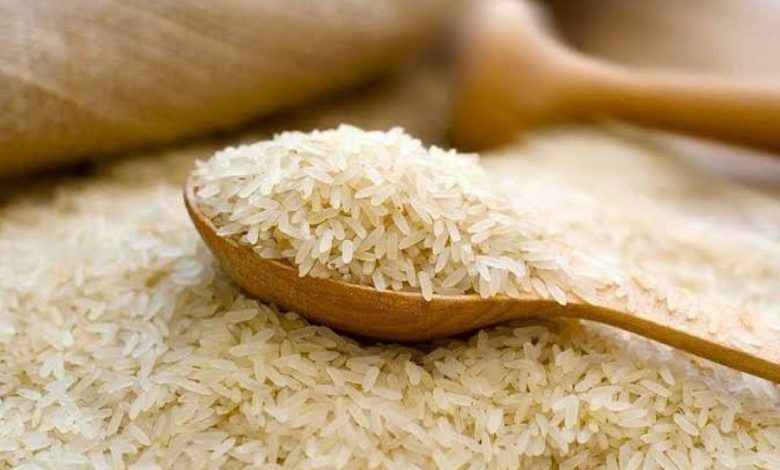Tags
Nigeria Among Top Beneficiaries as Global Rice Prices Fall to Multi-Year Lows
Opeyemi Owoseni.

Nigeria is reaping the benefits of a global slump in rice prices, as international markets adjust to rising supply levels and the removal of export restrictions by India historically the world’s largest rice exporter.
According to a Reuters poll, global rice prices plummeted in April 2025, following India’s decision to lift the last of its export curbs imposed in 2022. This move drove Indian parboiled rice prices to a 22-month low, with prices in Thailand and Vietnam dropping to their lowest in over three and five years, respectively.
The downturn has created a supply-rich environment, with prices expected to remain stable around $390 per ton for 5% broken rice throughout the year, barring any weather-related disruptions.
“Even after the recent significant correction, we don’t expect a price rebound. The supply glut will likely prevent prices from increasing,” said B.V. Krishna Rao, president of the Rice Exporters Association.
Nigeria’s Import Dynamics
Despite its longstanding rice import restrictions, Nigeria has continued to tap into the global market. In 2023, the country imported $7.26 million worth of rice mostly from India ($5.9M), the UAE, Thailand, Benin, and the United States. The fastest-growing sources of rice imports included India, which saw a $2.87 million year-on-year increase.
In January 2025, Nigeria received a 32,000-ton shipment of brown rice from Thailand, facilitated by logistics firm DUCAT, under a temporary tariff moratorium aimed at easing food inflation. While seaport imports of parboiled rice remain banned since 2022, brown rice imports have been permitted to support food security amid high prices for staples.
“Nigeria has been working hard to find solutions to broaden and strengthen its food supply accessibility,” said DUCAT CEO Adrian Beciri.
Despite the temporary easing of import duties on food staples like wheat, corn, and rice, actual purchases remain cautious driven by concerns about undermining domestic rice farmers.
A Buyers’ Market, A Producers’ Challenge
While falling prices benefit rice-importing nations like Nigeria, Ghana, Senegal, and the Philippines, the shift is hurting Asian farmers, who produce nearly 90% of global rice and now face dwindling margins due to oversupply.
The Food and Agriculture Organization (FAO) estimates global rice production will hit a record 543.6 million metric tons in 2024/25, with total supply (including stockpiles) reaching 743 million tons, far above projected demand of 539.4 million tons.
India’s rice stocks alone totaling 63.09 million tons in April are nearly five times its government target. This surplus is flooding global markets, pushing competitors such as Thailand and Vietnam to scale back exports. Thailand’s rice exports fell 30% in Q1 2025, and are projected to drop 24% for the year, while Vietnam’s are expected to decline 17%.
Despite strengthening currencies in exporting nations, the overall price pressure remains intense.
“India’s resumed exports are good news for price-sensitive buyers, though they threaten the profitability of rival producers,” said Himanshu Agrawal, Executive Director at rice exporter Satyam Balajee.
India is now expected to reclaim more than 40% of global rice exports, outpacing the combined total of Thailand, Vietnam, Pakistan, and the U.S.
https://www.tv360nigeria.com/nigeria-among-top-beneficiaries-as-global-rice-prices-fall-to-multi-year-lows/Published Date: May 8, 2025






